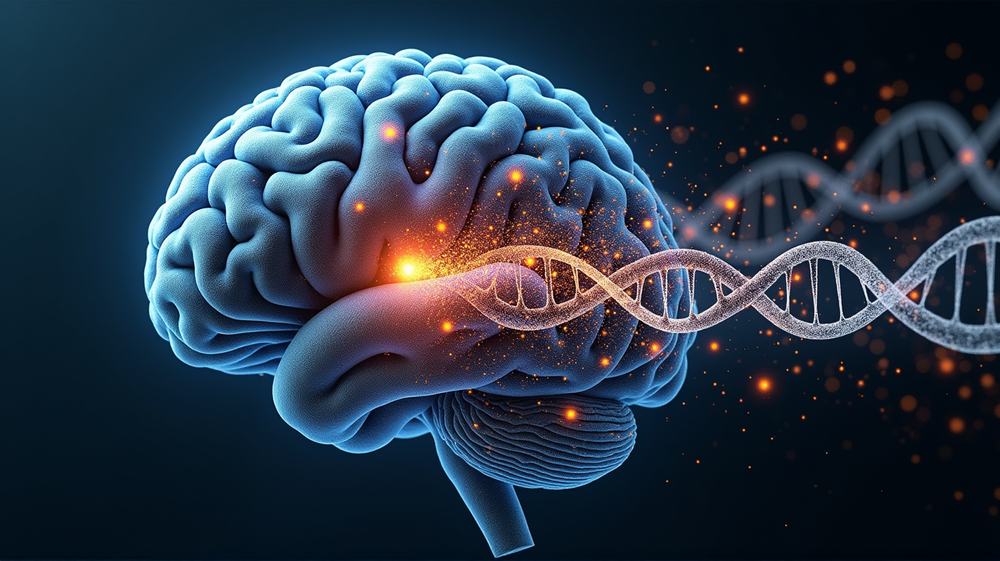Unlocking the Mystery of Early Brain Aging: The Role of Setd8
In an intriguing revelation, scientists have identified a gene named Setd8 as a pivotal factor in the early onset of brain aging. Through comprehensive research, the study unveils the intricate connection between the Setd8 gene and the brain’s aging process, broadening our understanding and opening new avenues for possible Alzheimer’s treatment.
The Hidden Beginnings of Brain Aging
Age-related cognitive decline is not just a factor of later years but may commence as early as young adulthood. This finding reshapes the understanding of brain aging by revealing that the onset may occur much earlier than previously known.
Unveiling the Role of Setd8
Researchers embarked on an intense examination of neural stem cells (NSCs) and discovered that the expression of Setd8 dramatically decreases as the brain ages. This epigenetic regulator affects the brain’s ability to generate new neurons, a crucial function that diminishes over time, illustrating a novel angle in the study of aging.
Significance of Epigenetic Changes
The core of these revelations lies in the understanding of epigenetic changes affecting NSCs. These changes do not alter the DNA sequence but influence how genes like Setd8 manifest, making them key players in cellular aging, which is vital for maintaining memory functions.
Pioneering Techniques in Research
Employing innovative single-cell sequencing, researchers mapped gene expression in NSCs from birth through early adulthood. This allowed them to identify how Setd8 levels correlate with both neural activity and memory impairments, drawing a detailed timeline of molecular aging.
Future Implications
The decrease in Setd8 expression could serve as a potential biomarker for early brain aging. As stated in Technology Networks, targeting Setd8 opens pathways for therapies aimed at slowing or reversing aging effects. Dr. Taito Matsuda emphasizes the promise of reprogramming technologies in rejuvenating aging brain cells, potentially impacting Alzheimer’s treatment strategies.
The Road Ahead
While set on a hopeful path, these findings require further exploration to translate into clinical practices. The research team anticipates diving deeper into how epigenetic modulation can play a pivotal role in neuroscience and regenerative medicine.
Continue to follow this groundbreaking research, which presents a beacon of hope for combating cognitive aging. The revelation of Setd8’s role signifies a leap forward in the quest to preserve memory and learning capabilities against the tide of time.




